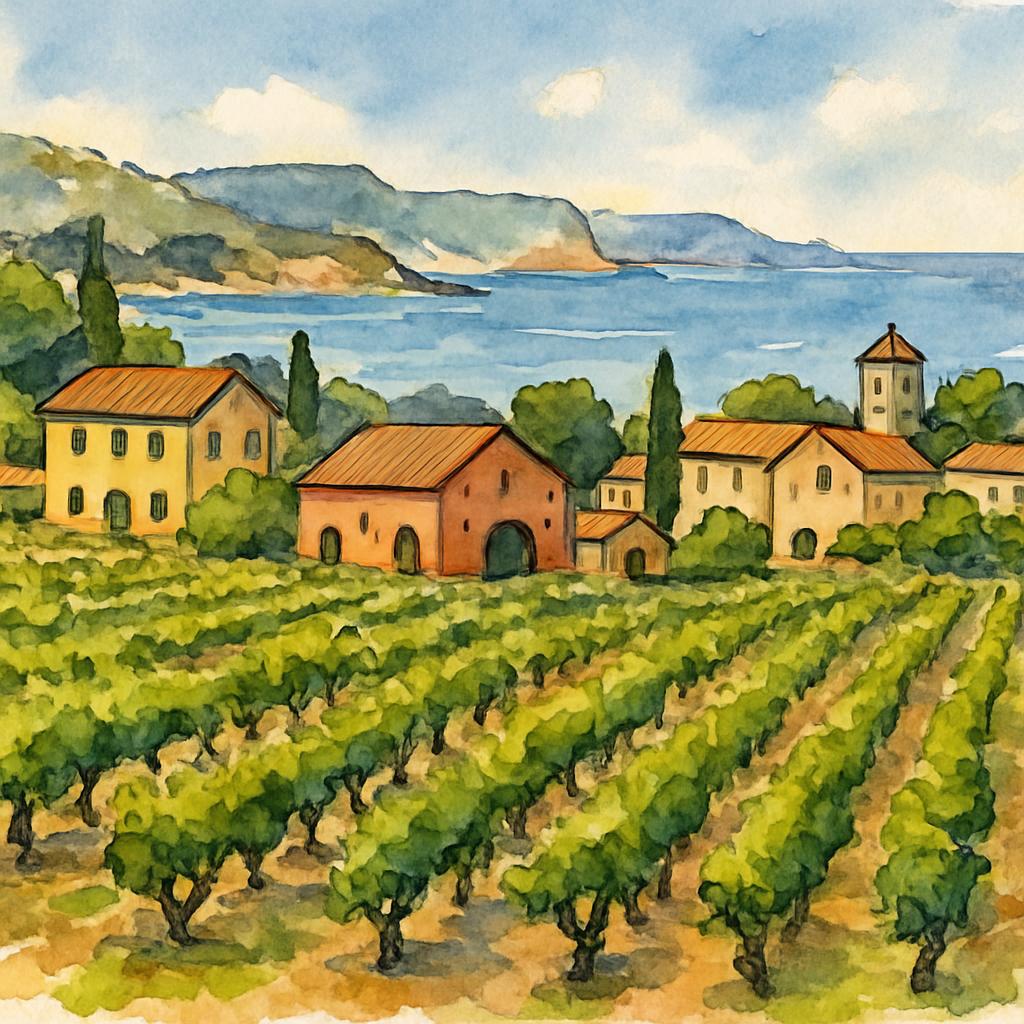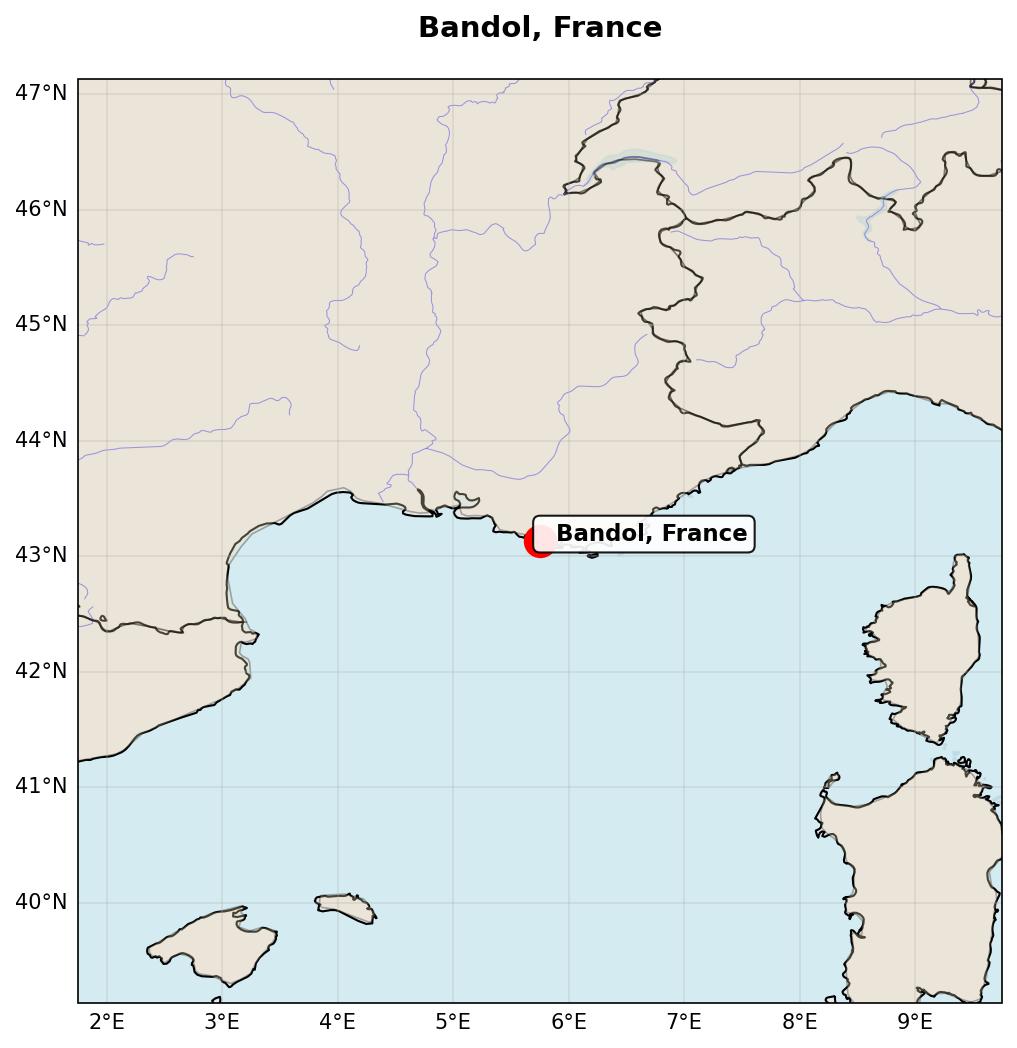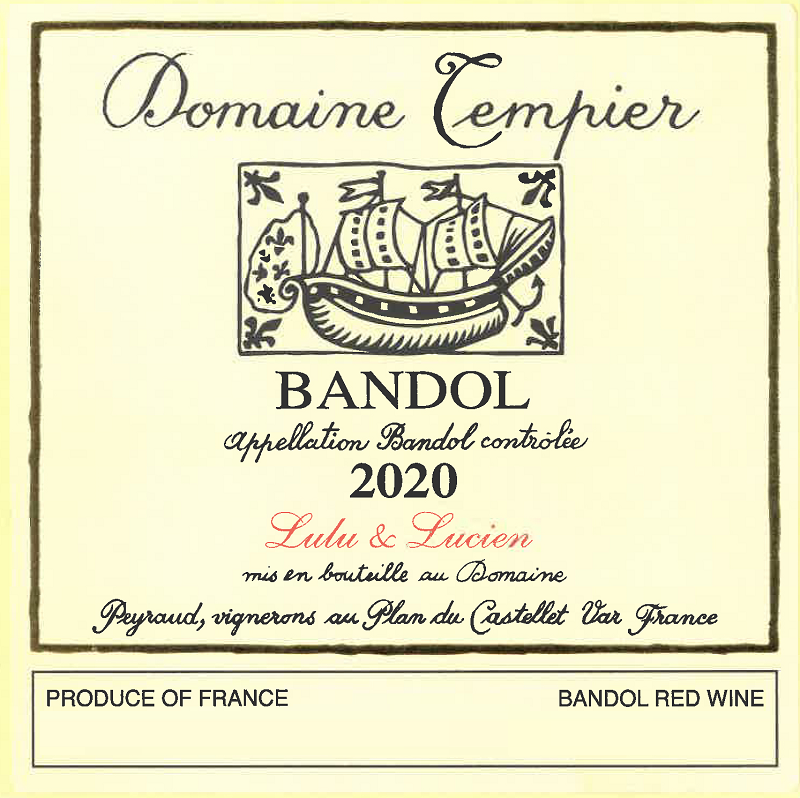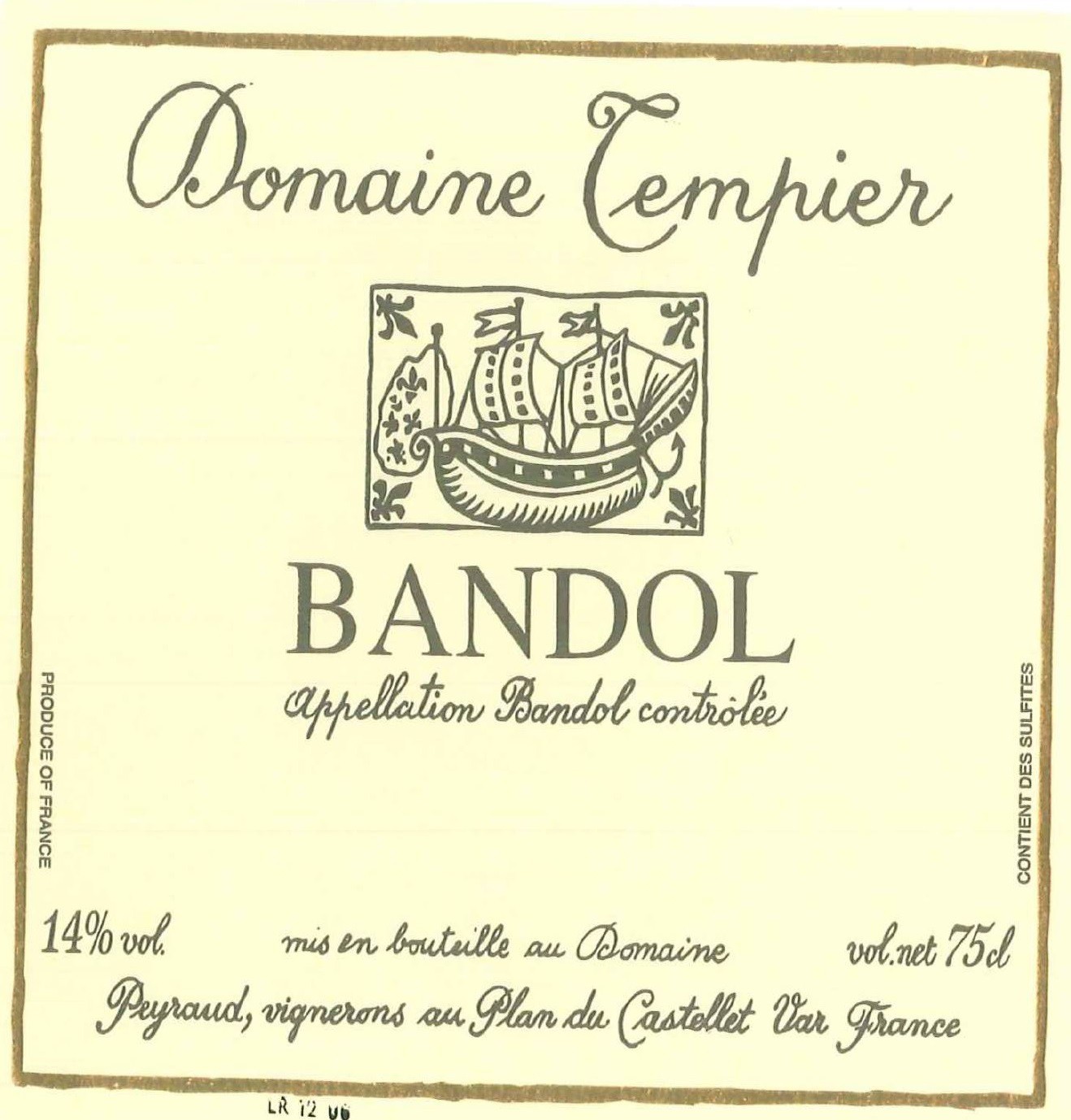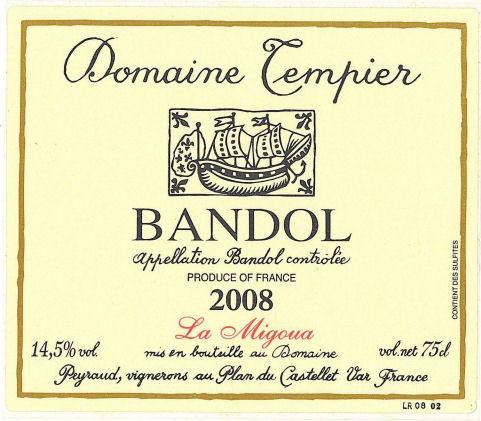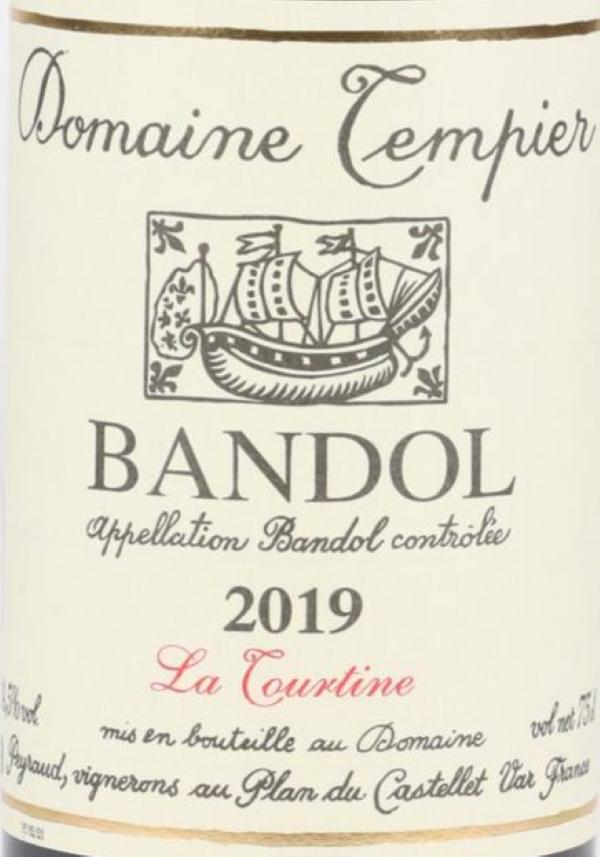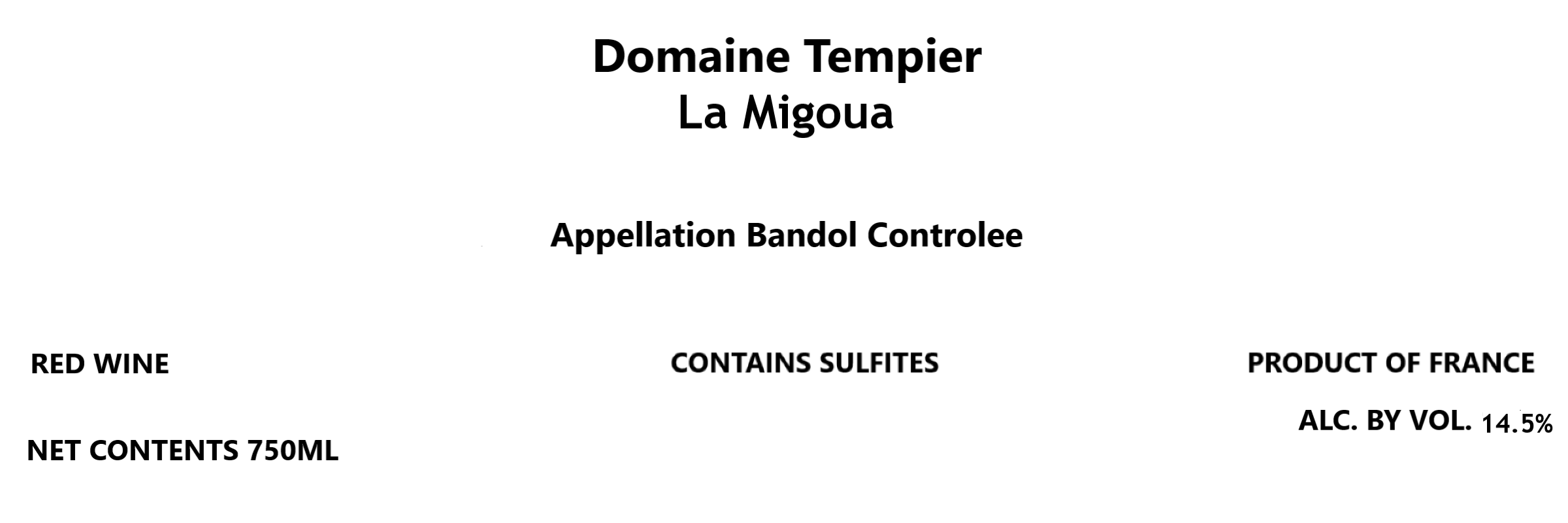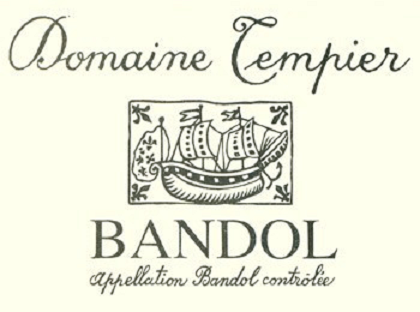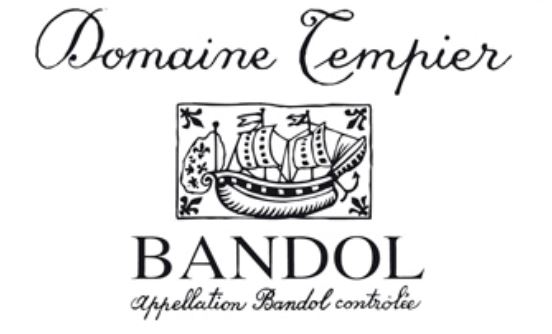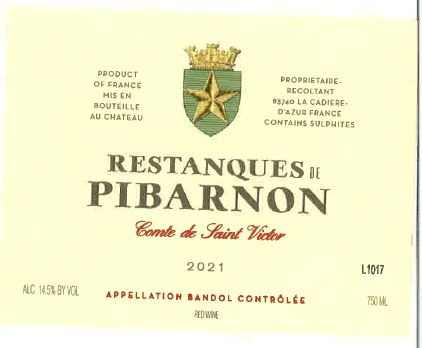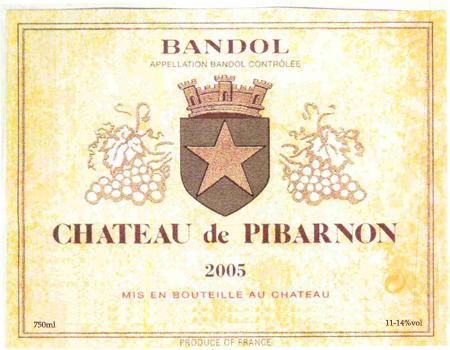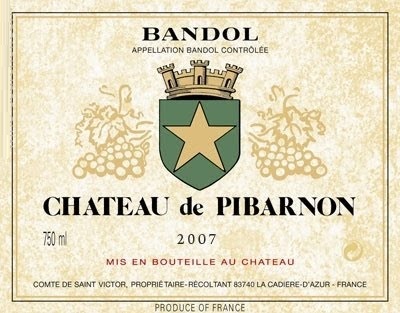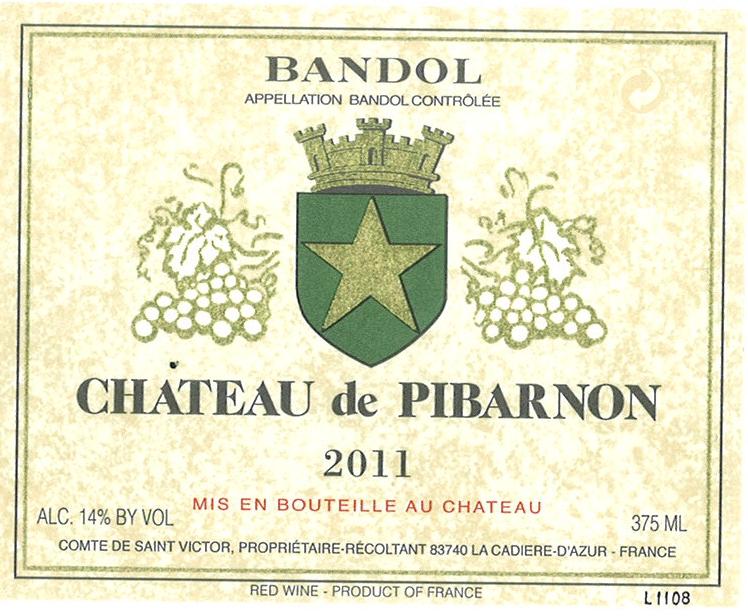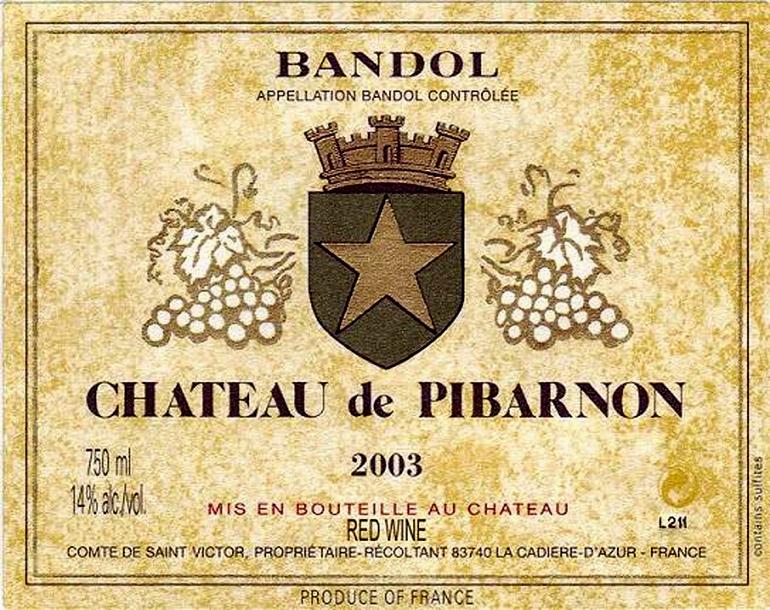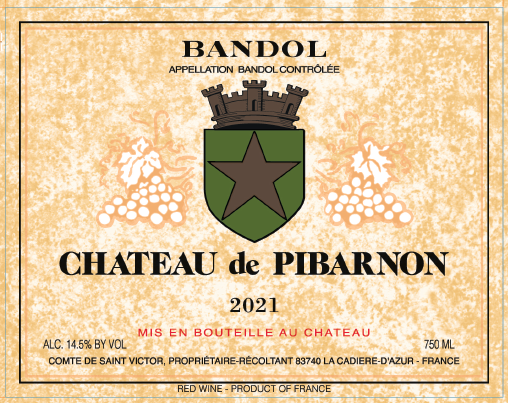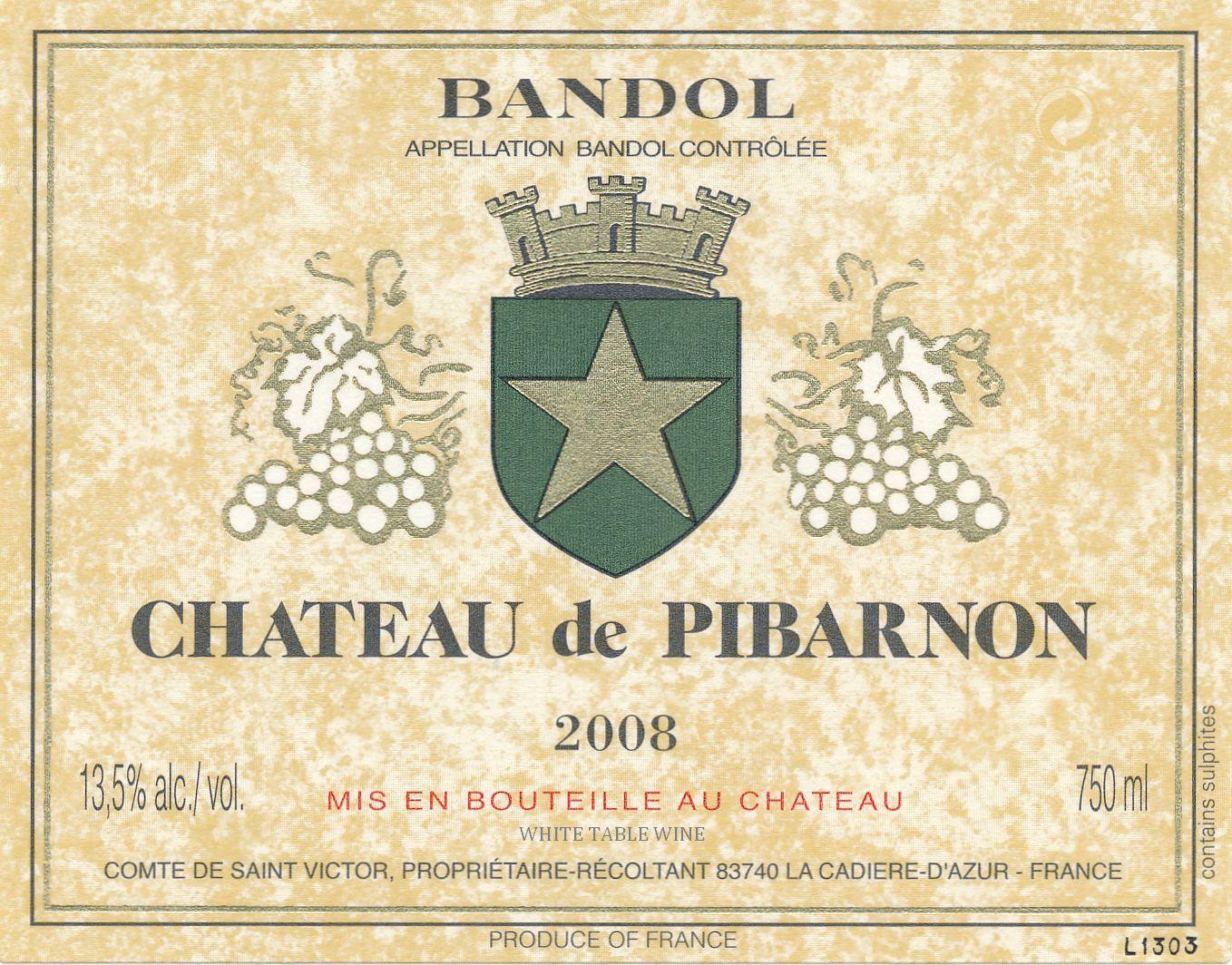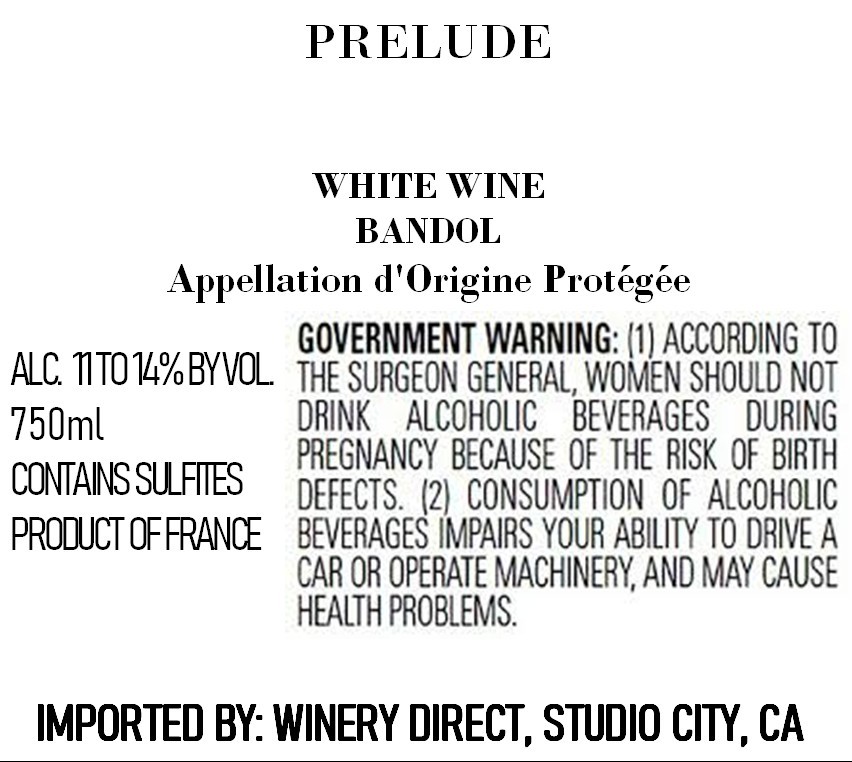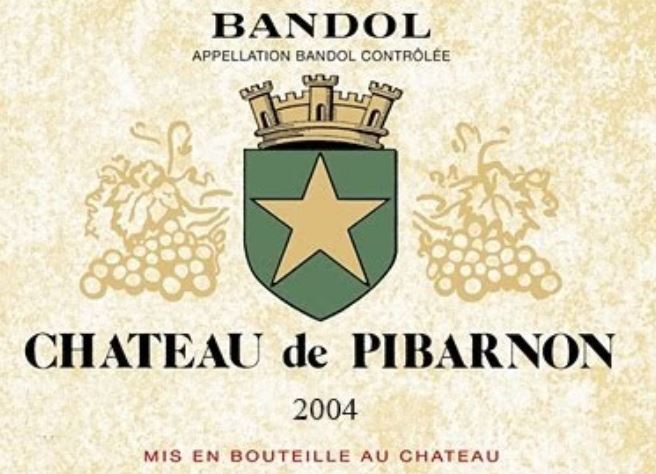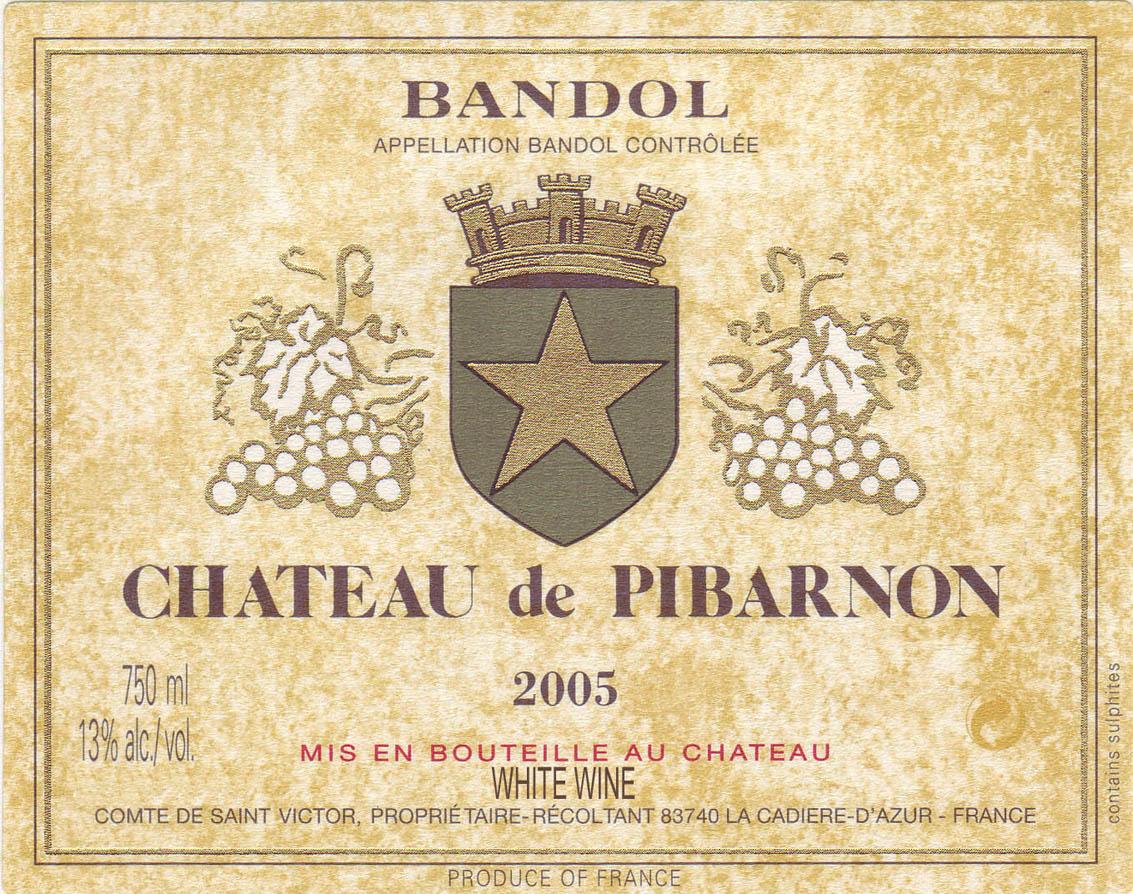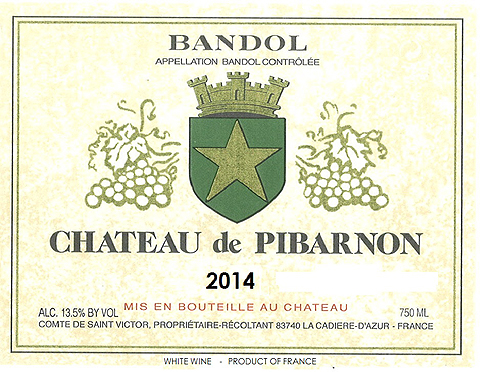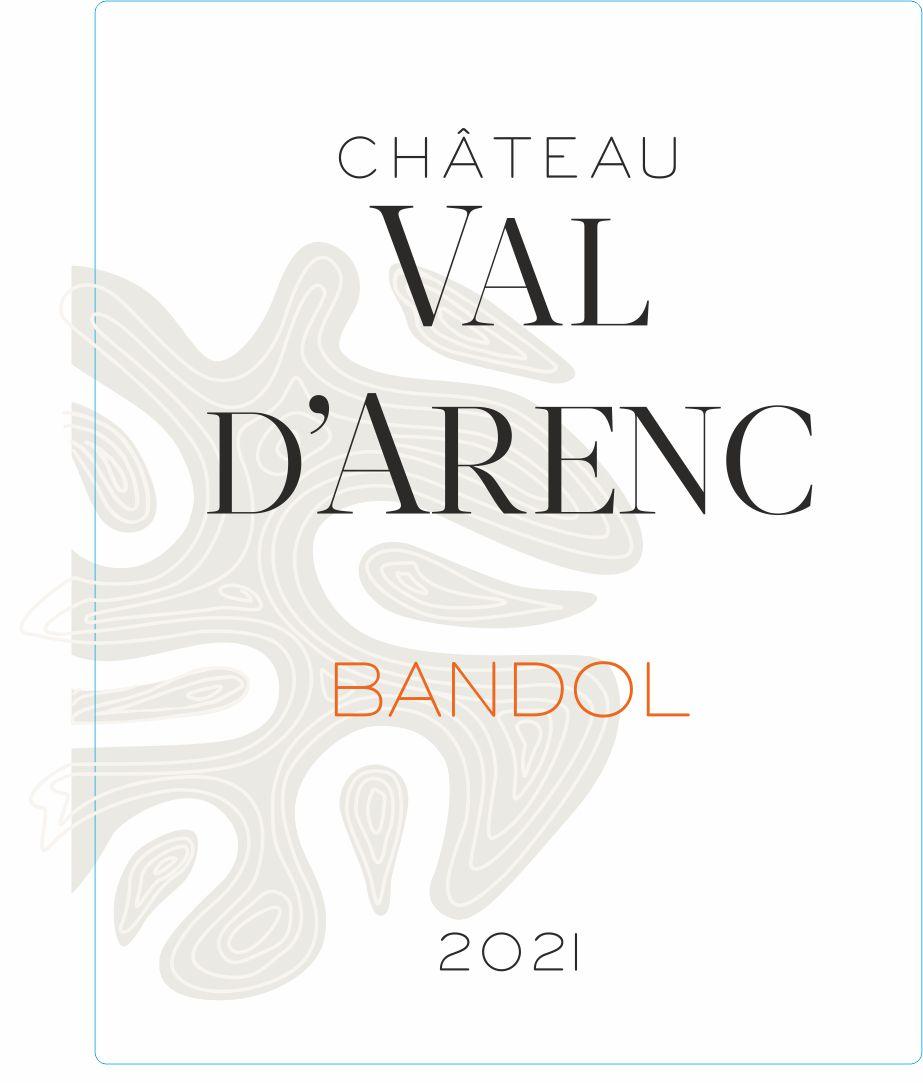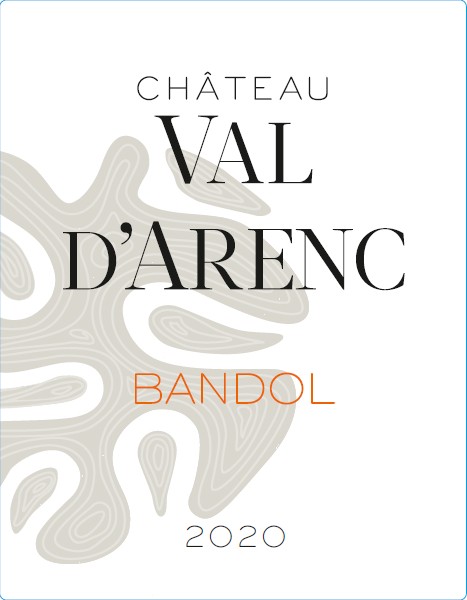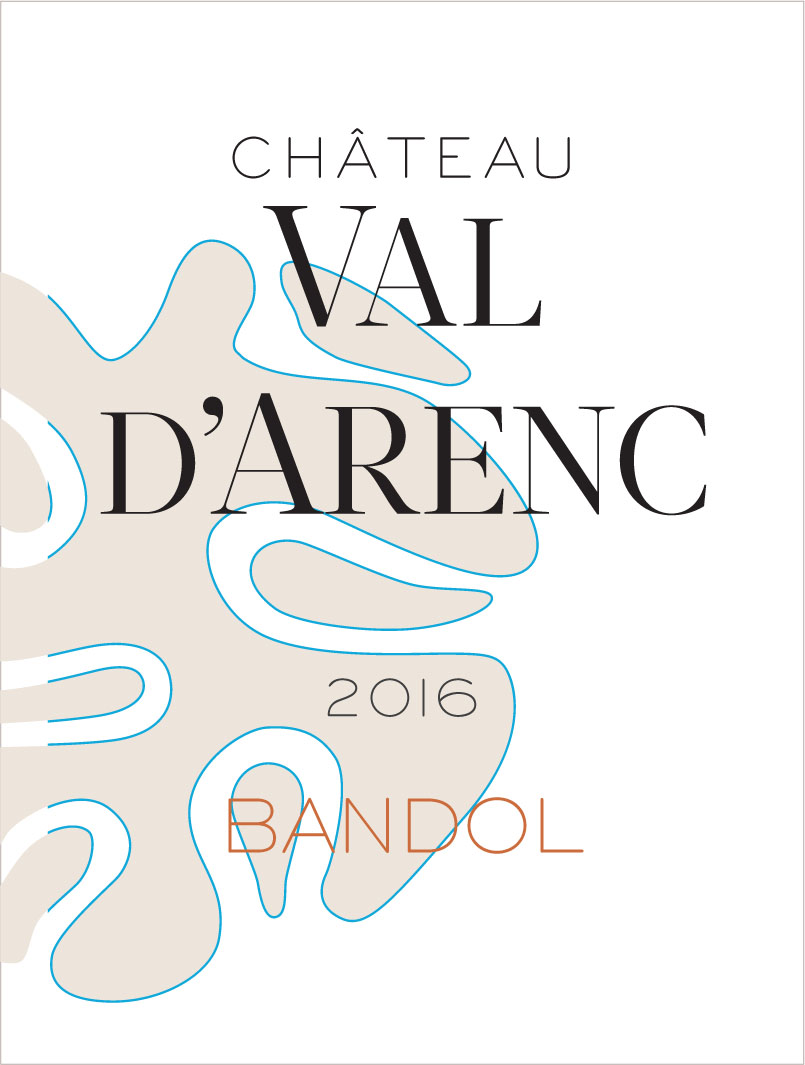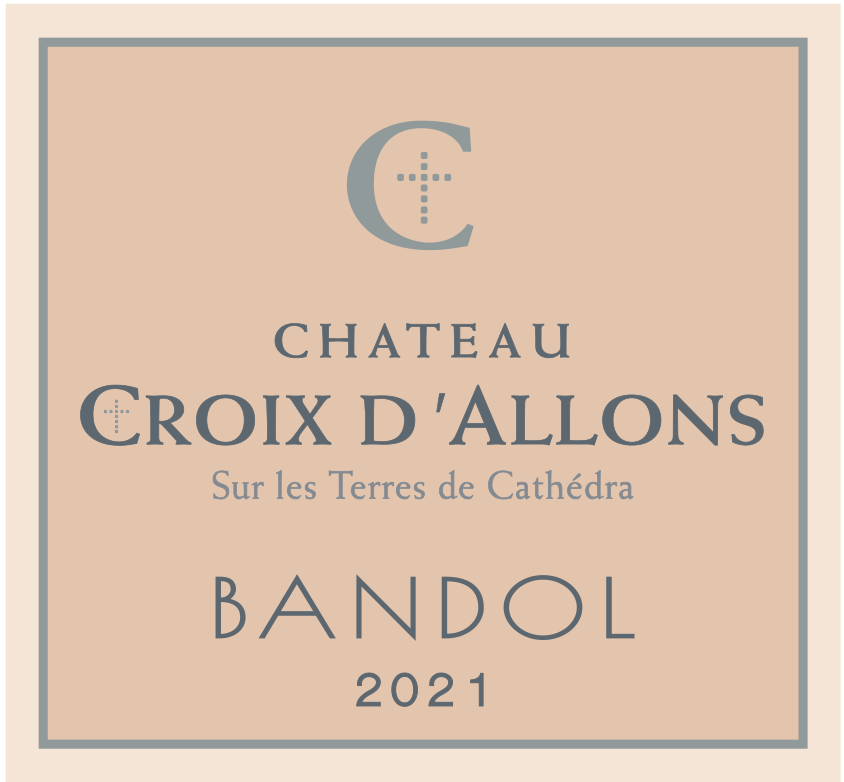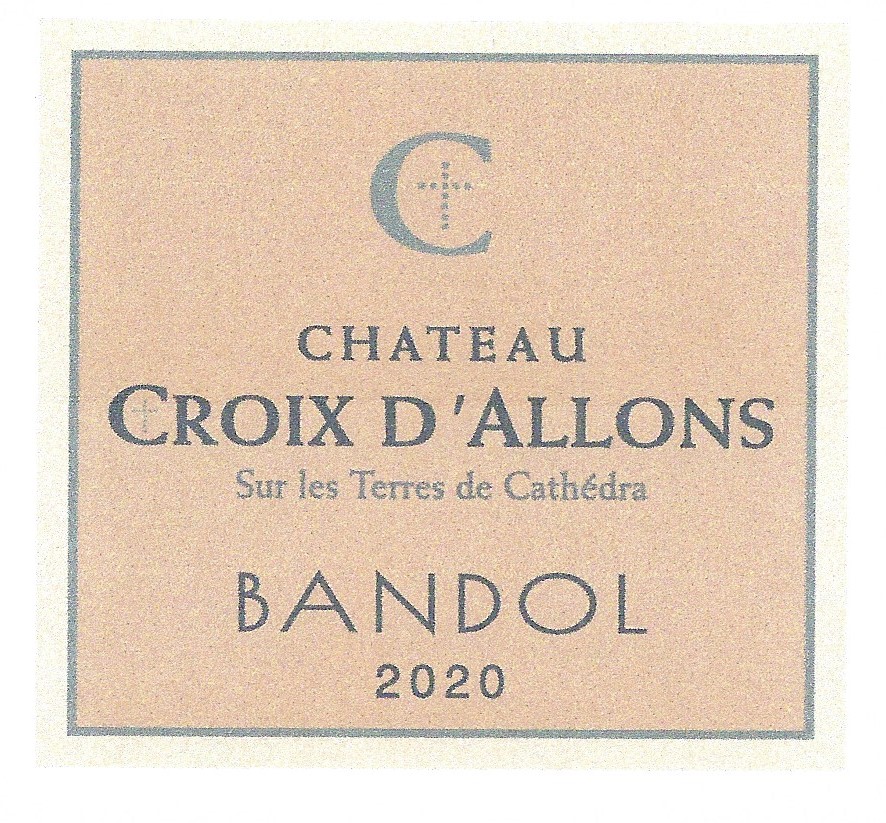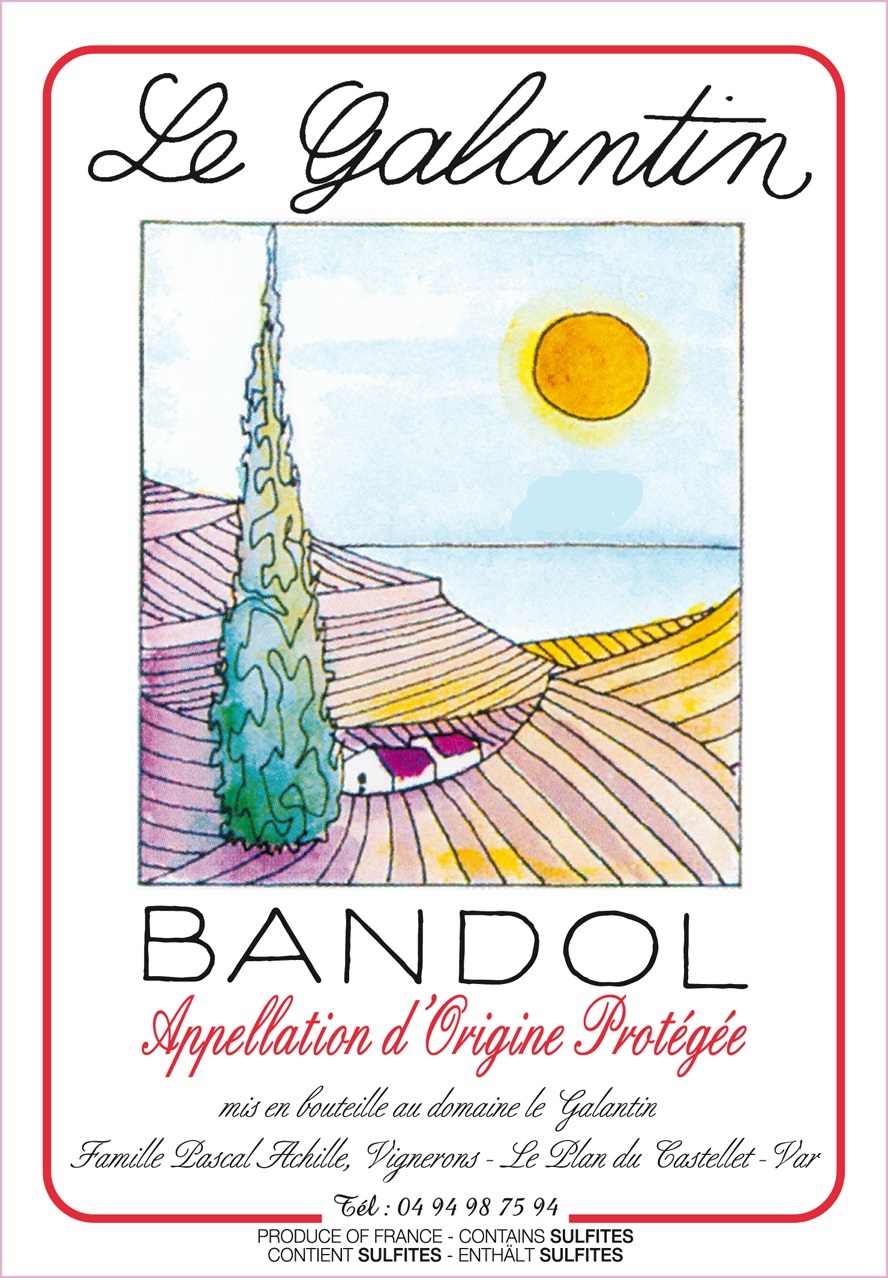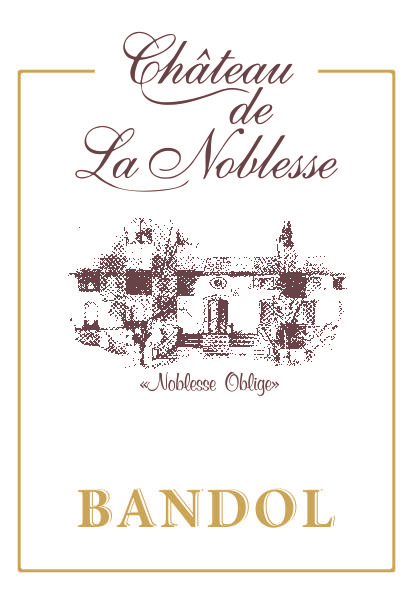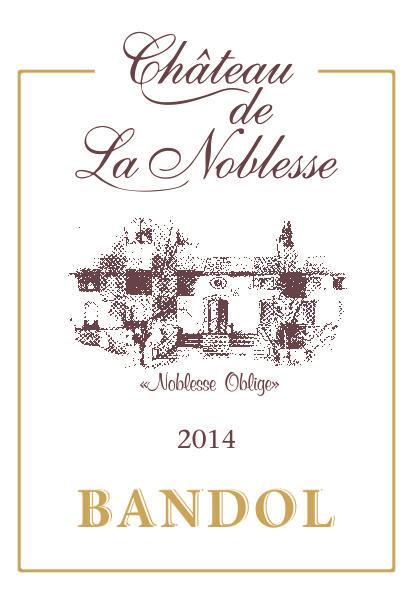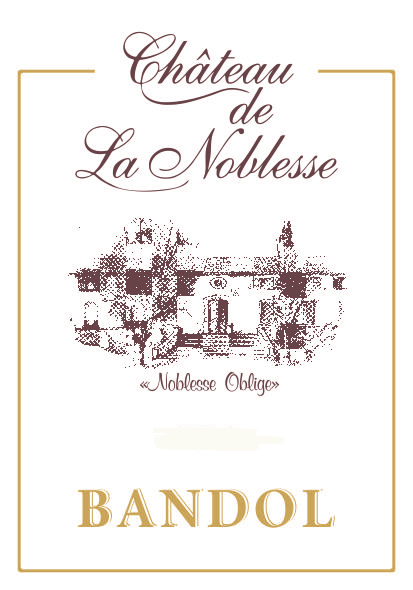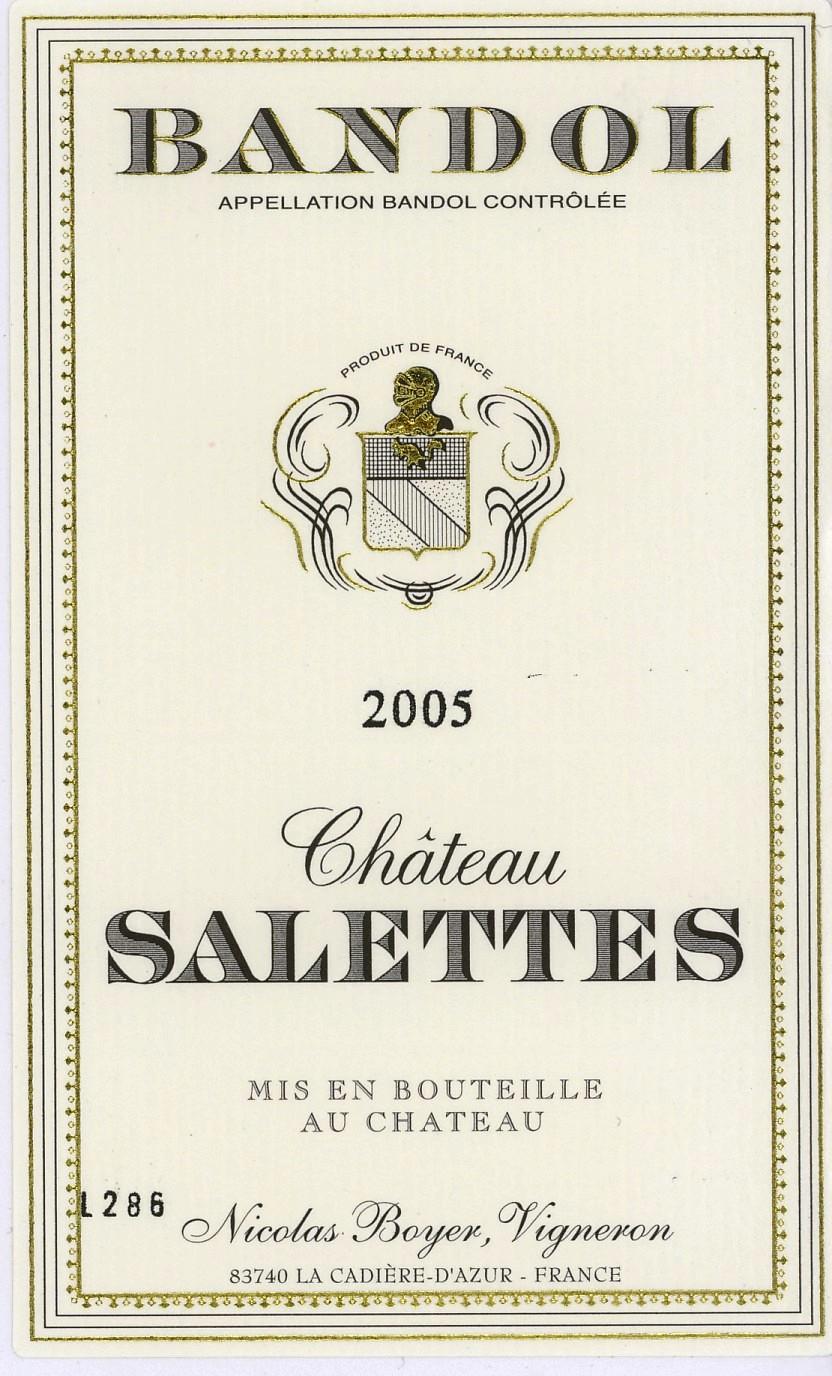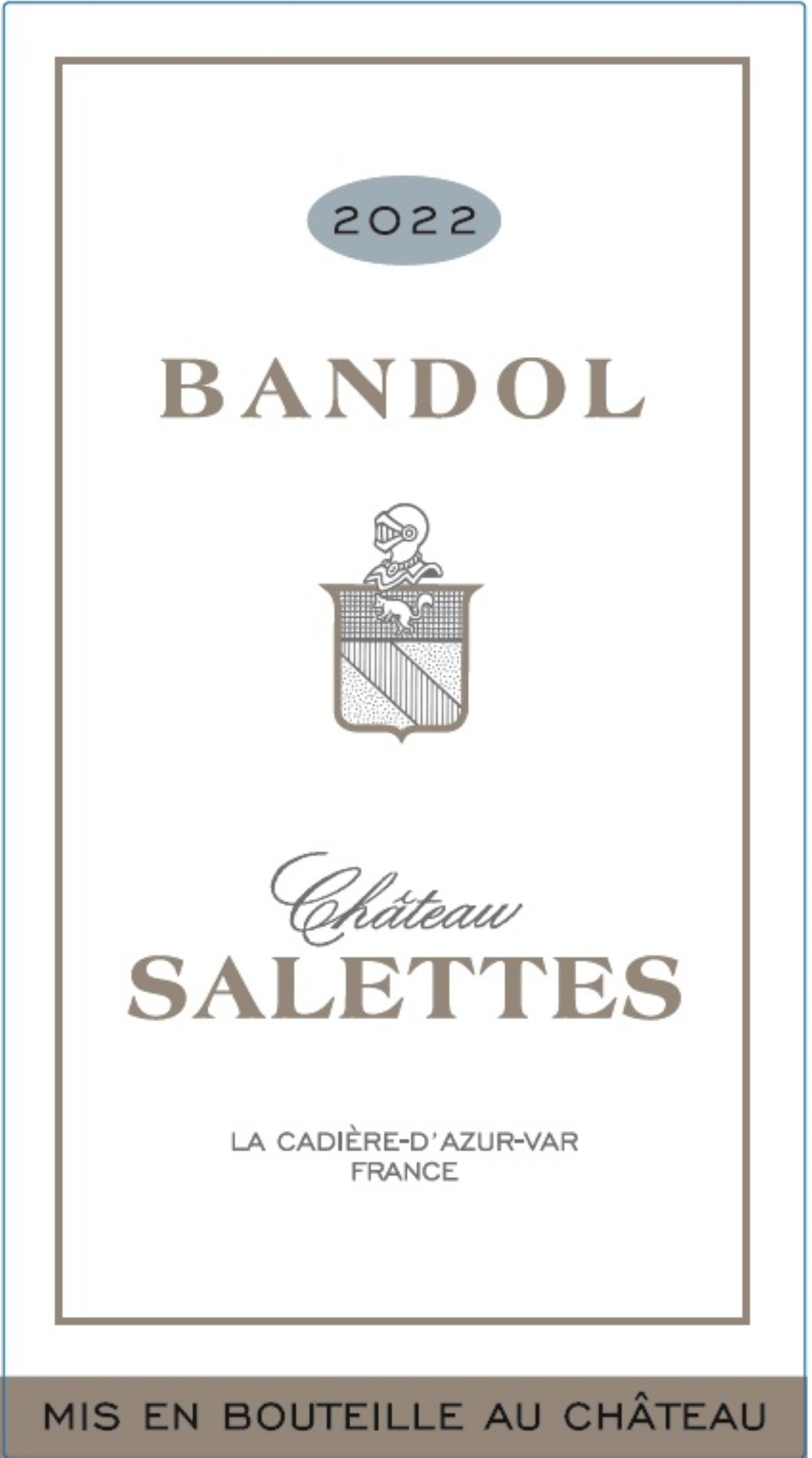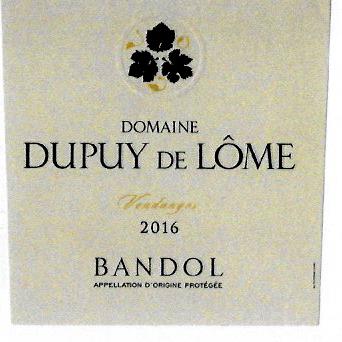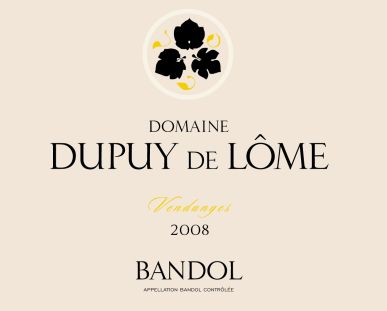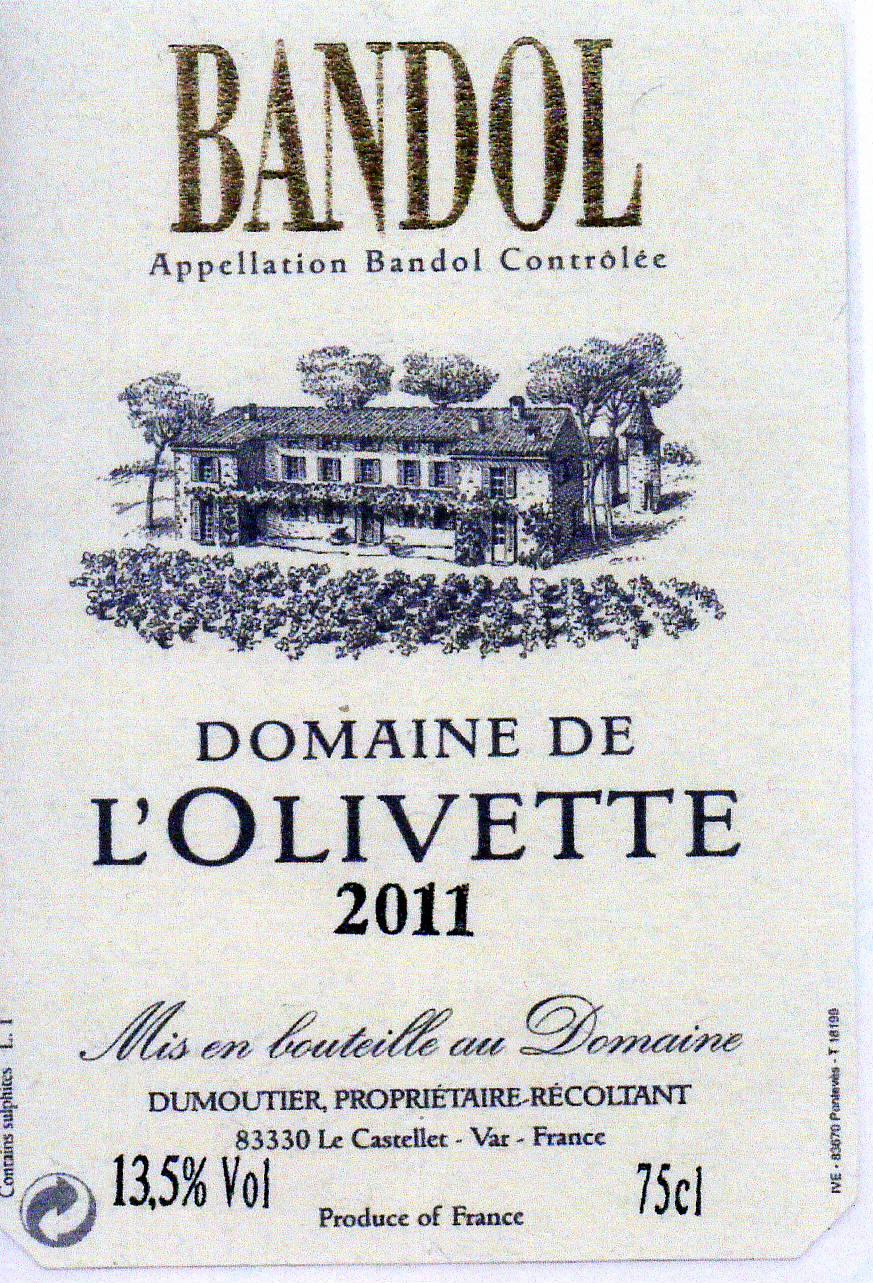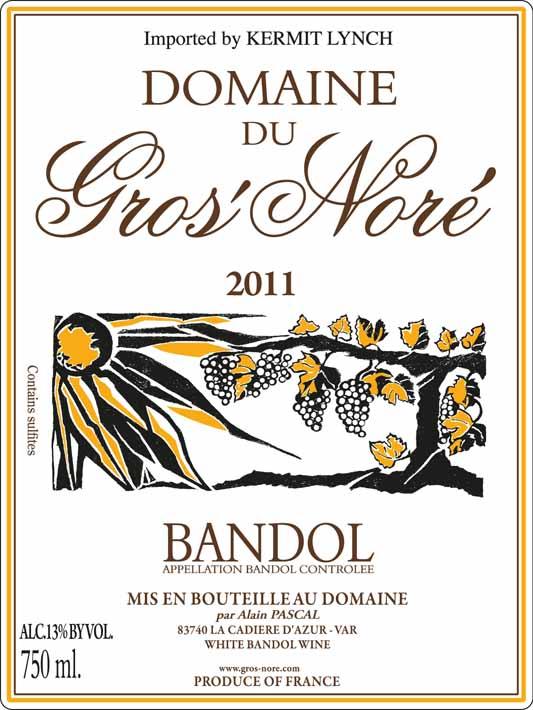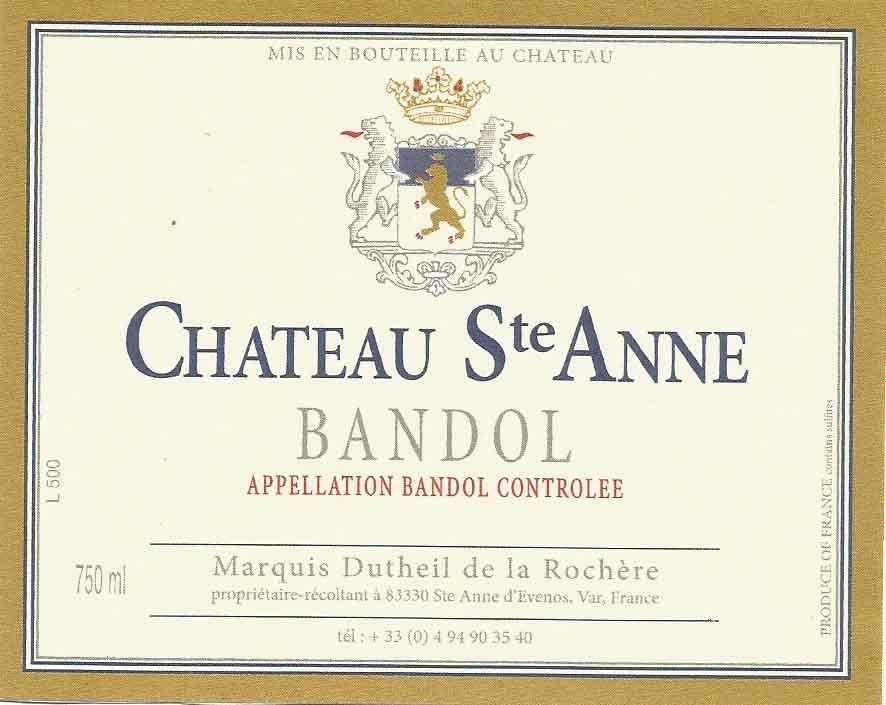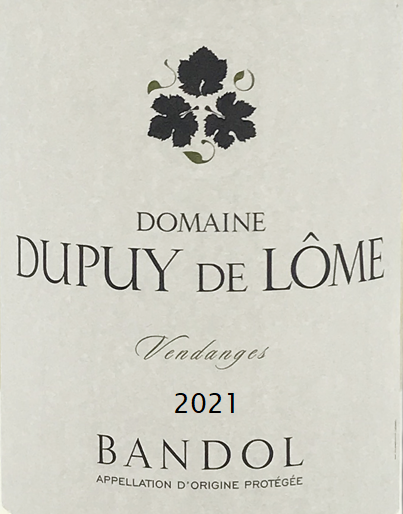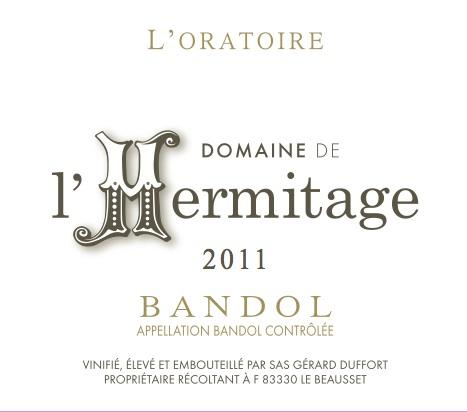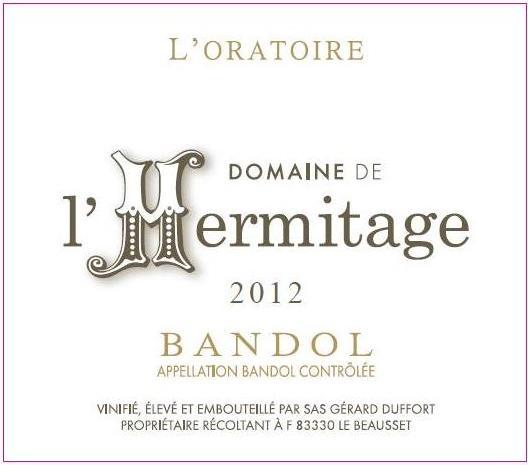Terroir of Bandol
Bandol's vineyards, nestled between the Mediterranean hills, boast a variety of microclimates across its eight communes, including Le Beausset and La Cadière-d’Azur. Established in 1941 and spanning a total of 1,550 hectares, the region's slopes and terraces, bathed in southern sunlight, range from a few hundred meters high, influencing grape growth. South-facing slopes favor the ripening of Mourvèdre, while cooler, north-facing areas slow down Grenache, adding complexity to Bandol wines.
The Provençal climate features hot summers and mild winters, moderated by the Mediterranean's proximity. The Sainte-Baume massif protects vines from northern winds, while ample sunshine ensures consistent ripening. The rocky, well-drained soils—rich in clay-limestone, marl, and iron-red clays—promote deep roots and low yields, enhancing wine richness and structure. This unique combination of climate and soil gives Bandol wines their depth and character, solidifying the region's esteemed winemaking reputation.
Notable Wineries in Bandol
In the heart of Provence, Bandol shines with its prestigious wineries, each contributing to the region's renowned wine legacy. Here are some must-visit estates:
-
Domaine Tempier: Renowned for its classic Bandol Rouge, this estate in Le Castellet is a benchmark for Mourvèdre-led wines, revived by the Peyraud family.
-
Château Pibarnon: Situated in Le Castellet, this winery is acclaimed for its steep vineyards producing mineral-rich reds and favored rosés.
-
Domaine de Terrebrune: Located near Ollioules, it's celebrated for elegant wines infused with limestone, offering freshness and finesse.
-
Château Pradeaux: A heritage estate in Évenos, known for powerful reds crafted from old vines, and traditional rosés with extended aging.
Sustainable Winemaking in Bandol
Bandol is deeply committed to sustainable winemaking, integrating eco-friendly practices into its vineyards. The region’s approach prioritizes low yields and attentive farming, which naturally aligns with organic and biodynamic methods. Cover crops play a crucial role in preventing soil erosion and preserving moisture, particularly on the region's sun-drenched slopes.
The warm, dry Mediterranean climate reduces disease risk, minimizing the need for chemical sprays. This is complemented by strategic canopy management that enhances air circulation and grape ripeness. With irrigation limits in place, vines develop deep roots in the rocky, well-drained soils, promoting resilience and richness.
Winemakers in Bandol often adhere to traditional methods, such as hand-harvesting and native fermentations, while seeking certifications like organic or High Environmental Value (HVE). The region's commitment to biodiversity and ecosystem preservation supports its long-term sustainability goals.
Wine Tourism in Bandol
Bandol offers a captivating wine tourism experience, blending natural beauty with rich viticultural heritage. The region's coastal charm and compact vineyards attract wine enthusiasts eager to explore its renowned cellars. Visitors can enjoy Bandol's beaches and marinas while discovering its winemaking legacy through guided vineyard tours, often requiring prior appointments.
Charming villages like La Cadière-d’Azur and Le Castellet provide historical insights and local cuisine, enhancing the wine journey.
Travelers often follow a "wine route," by car or bicycle, visiting terraced vineyards along the way. Seasonal events and festivals celebrate Bandol wines, pairing them with Provençal dishes, while local restaurants highlight these regional flavors. Hiking trails offer stunning vistas of the bay and hills, adding an adventurous twist to the wine experience. Overall, Bandol seamlessly integrates leisure by the sea with engaging wine activities, underpinned by the region’s warm hospitality.
